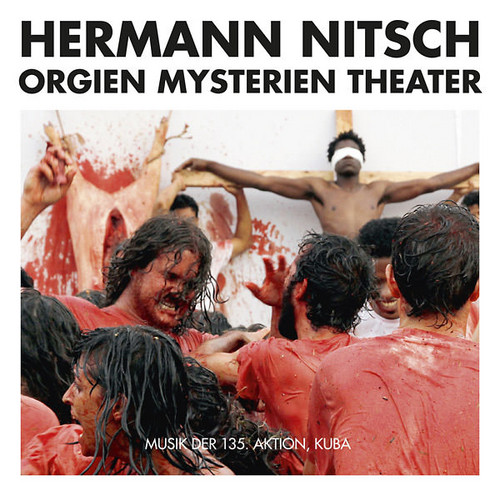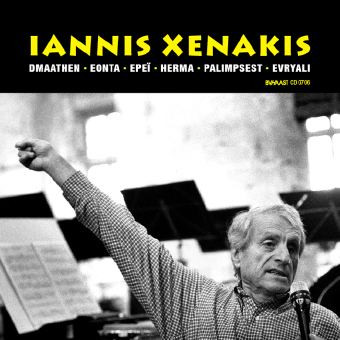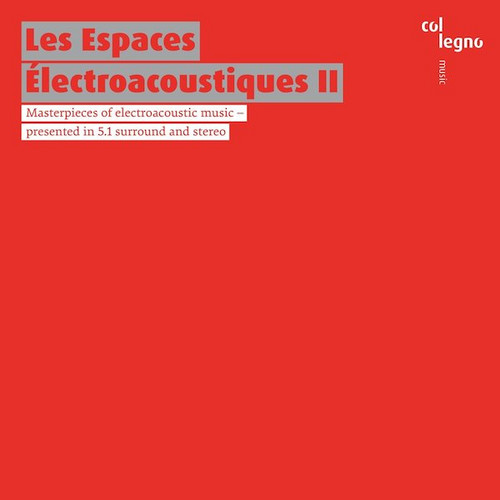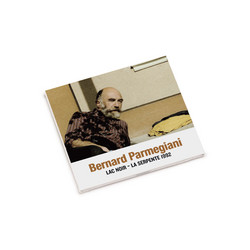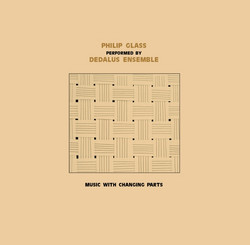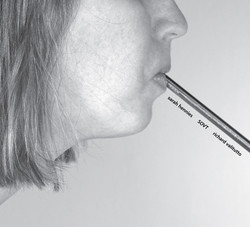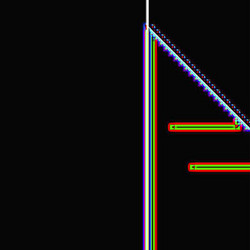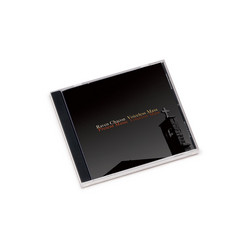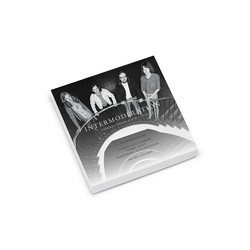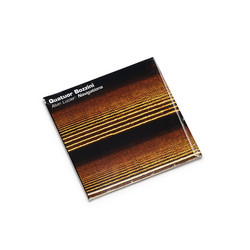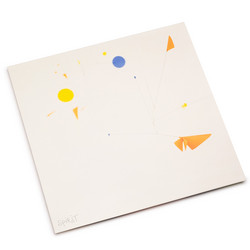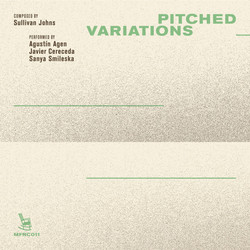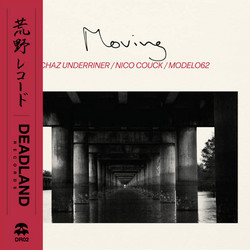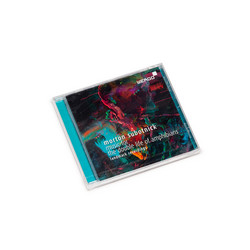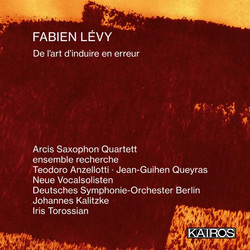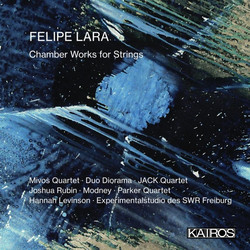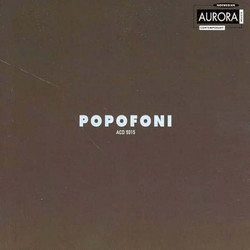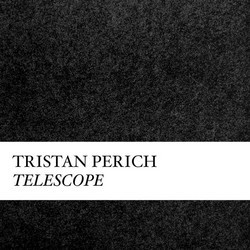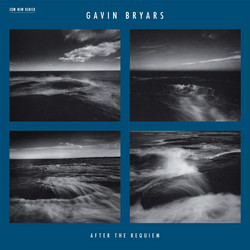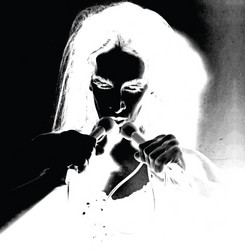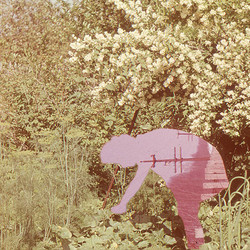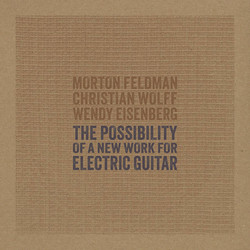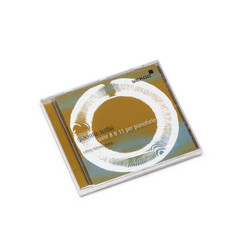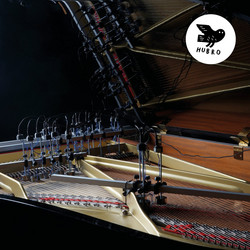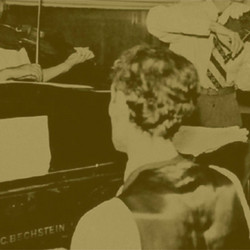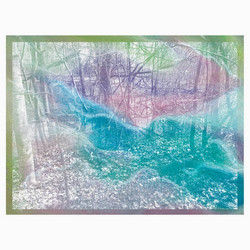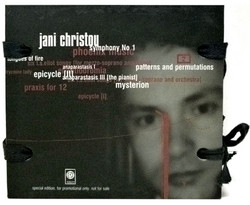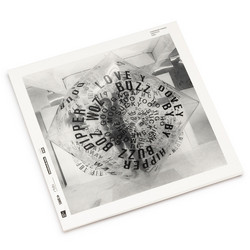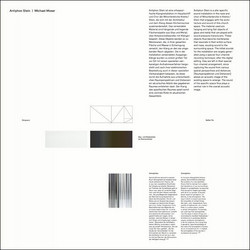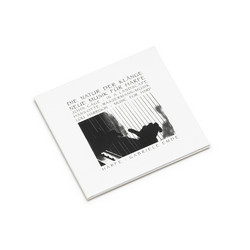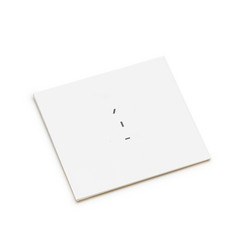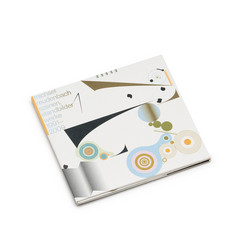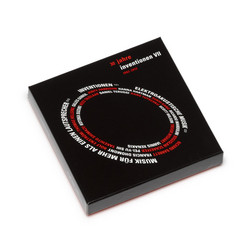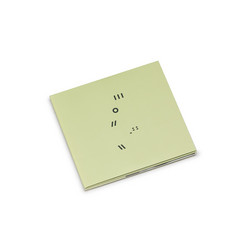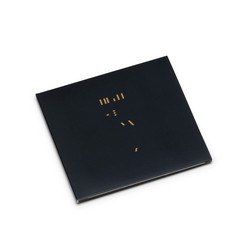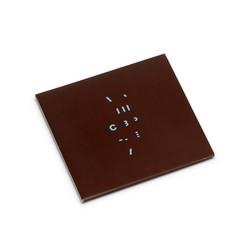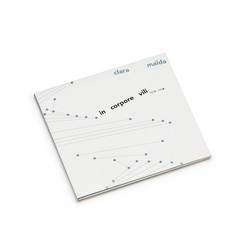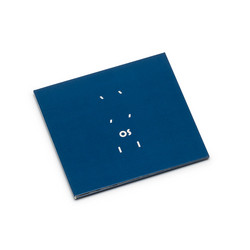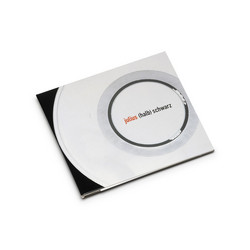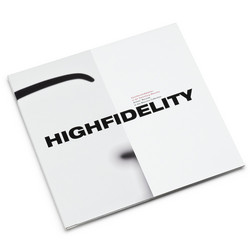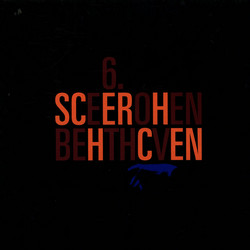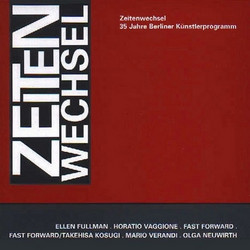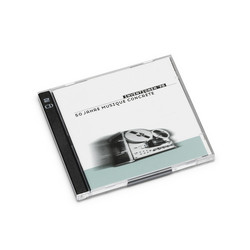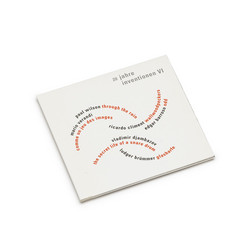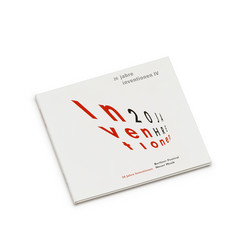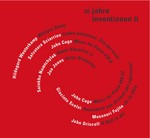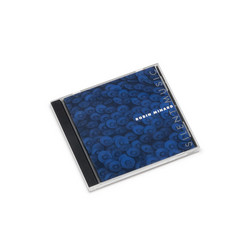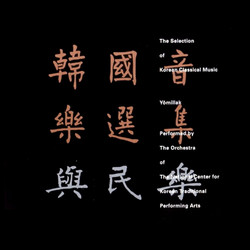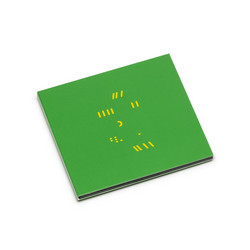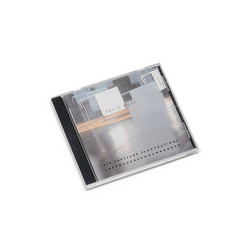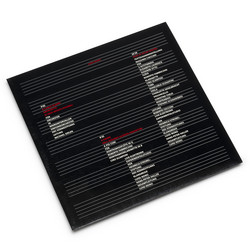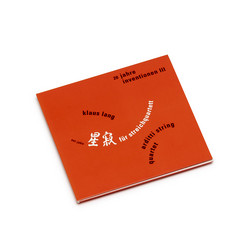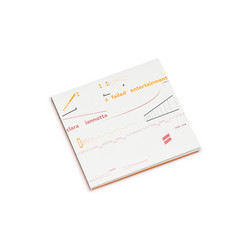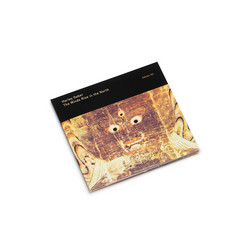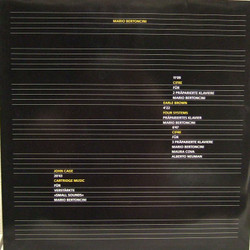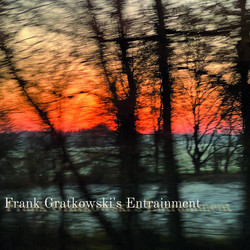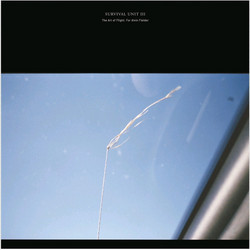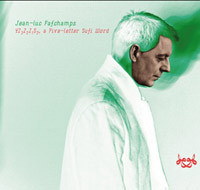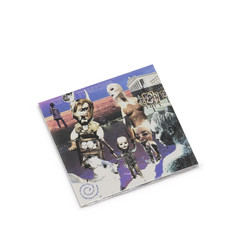An expanded version of the previous rz LP by Jani Christou. All works by Christou, the late, legendary "freely-atonal" Greek composer. Features: "Enantiodromia" (1965-68, for orchestra); "Praxis" (1966-69, for string orchestra and piano), "Epicycle" (1968, for instruments, actors and voices); "Anaparastasis III" (1968-69, for soloist, ensemble and continuum [tapes]); "Mysterion" (1965-66, for narrator, actors, 3 choirs, orchestra and tapes)
"Jani Christou tried to use and incorporate philosophical concepts in modern musical composition. He used musical instruments, vocal, tape sounds, visual effects, and body activity of the performers to produce compositions that expressed eternal panhuman questions. Jani was born on 8 January 1926 in Heliopolis of Egypt of Greek parents. Ironically, he was killed in a car accident in Athens on the day of his birthday in 1970, at the age of 44. He began his studies in Alexandria but soon moved to King's College in England. He was taught philosophy by Bernard Russell and Ludwig Wittgenstein and received his B.A. in 1948.
.

He took his first piano lessons with Alexander Plotnikoff and Gina Bachauer and studied composition with Hans F. Redlich in London and Angelo F. Lavagnino in Rome. He also attended lectures or had conversations with members of the Jung Institute in Zurich (possibly with Carl Jung himself) where his brother Evangelos studied Psychology.
From 1960 to the end of his life he settled down in Athens and began composing in his own conception of musical synthesis. The titles of some of his works reveal how deeply he was influenced by concepts in Ancient Greek philosophy and dramaturgy: Mysterion, Anaparastasis, Epicycle, Praxis & Metapraxis. His incomplete Oresteia manifests his increasing concern with the eternal cycle of life and death. Janni Christou explained once that he was 'concerned with a music that confronts; with a music that wants to stare at the suffocating effect, even terror, of much of our everyday experience of living; with a music that does NOT seek to escape the relentlessness of patterns in which this experience keep unfolding. With a music that not only does not attempt to escape this experience, but that seeks out its forms - and eats them up, and throws them up again, just as dreams do.'
